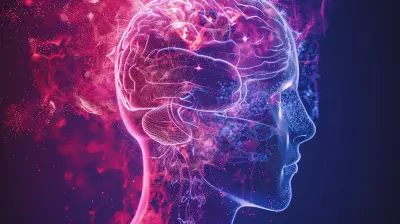Signs of Overhydration and How to Strike the Perfect Balance
18 May 2025
We all know how important it is to stay hydrated. You’ve heard it a million times—drink more water! But what if I told you that drinking too much water can actually do more harm than good? Yep, overhydration is a real thing, and it’s more common than you might think. Let’s unpack this watery topic together and find out how to strike that sweet spot between too little and too much.
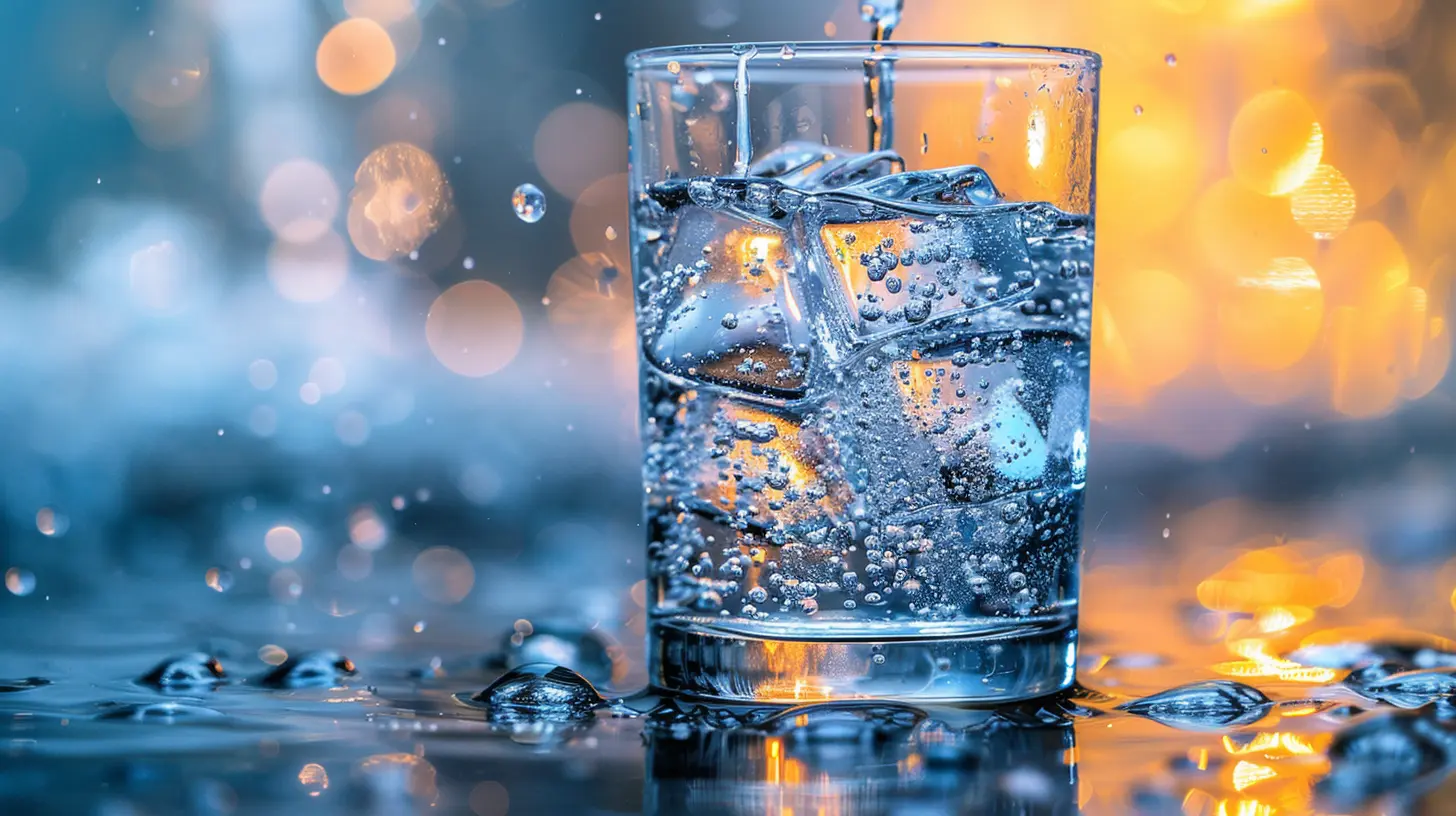
Wait, What Exactly Is Overhydration?
Overhydration, or water intoxication, happens when you take in more water than your body can get rid of. Your kidneys can handle about 0.8 to 1.0 liters of water per hour. So, if you’re chugging glass after glass—especially without sweating it out—you might actually be drowning your body from the inside.Think of your body as a well-balanced soup. Too little water, and it gets thick and sluggish. Too much water, and everything gets watered down, including crucial minerals like sodium. This imbalance is called hyponatremia—a dangerously low level of sodium in your blood.
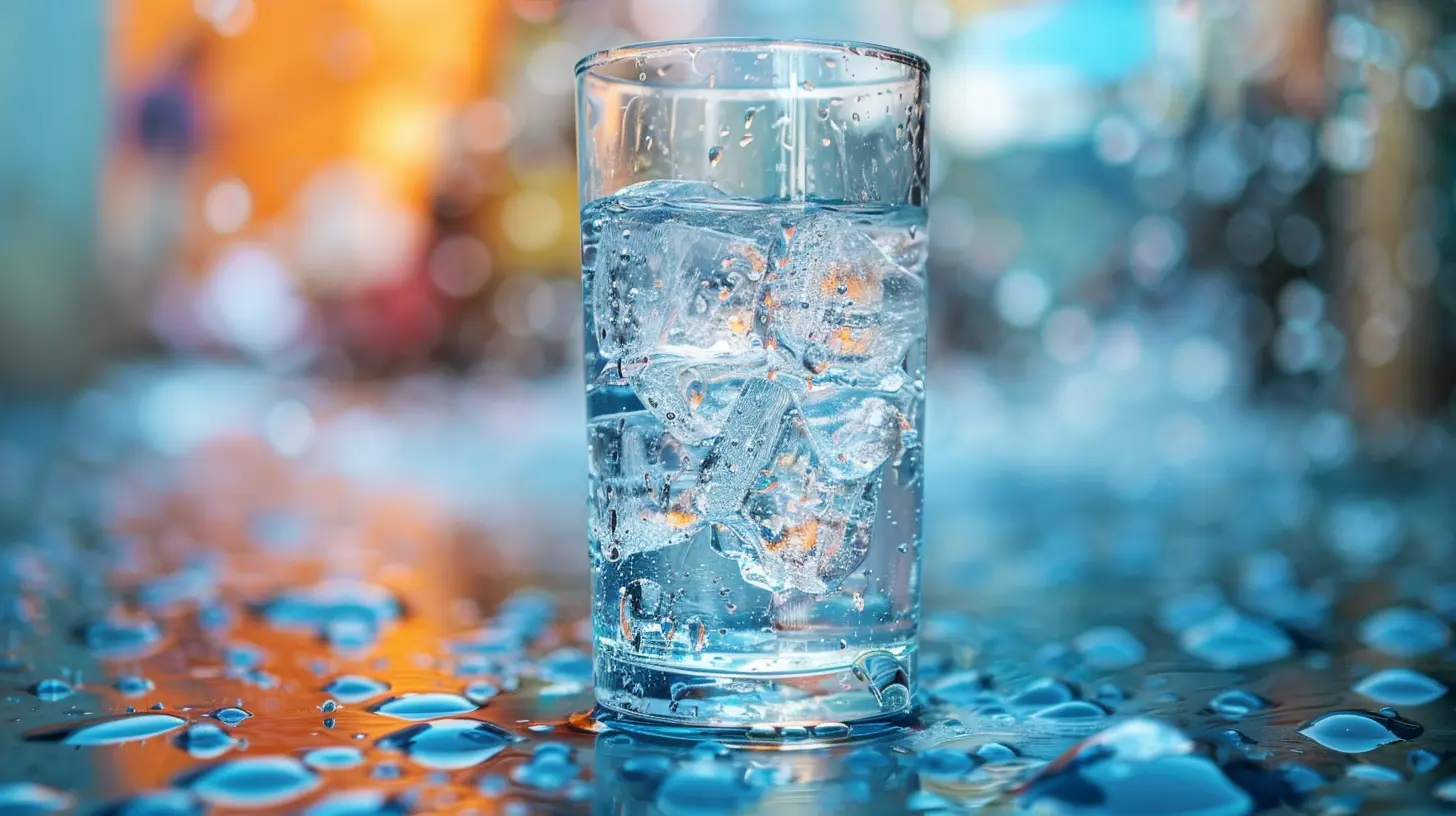
Why Does This Happen?
It’s not just elite athletes or people running marathons who deal with overhydration. Anyone can drink too much water, especially if they’re misinformed. You might be trying to "flush out toxins" or follow some wellness guru’s advice to drink a gallon of water a day, regardless of your actual needs.Let me say this: more water doesn't always mean more health.
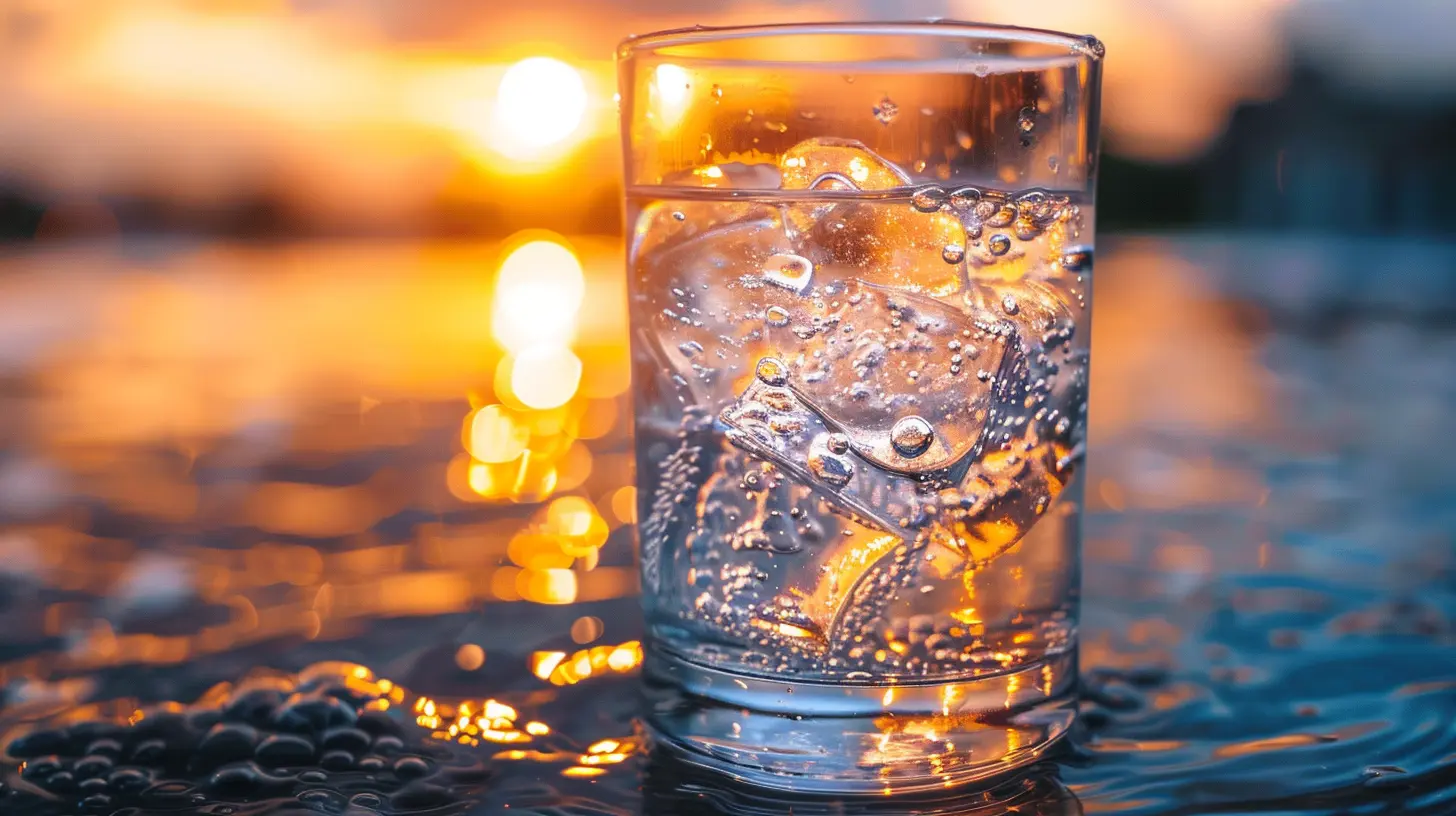
Common Signs of Overhydration
So how can you tell if you’ve overdone it with the H2O? Your body usually sends out signals—if you're paying attention.1. Frequent Urination
Going to the bathroom every hour on the hour? That might not be normal. Sure, drinking plenty of water will naturally make you pee more. But if you're peeing every 30-60 minutes, or waking up constantly at night, it might be a sign you're going overboard.2. Clear Urine All the Time
Don’t get me wrong—clear urine occasionally is okay. But you don’t want it to look like water all the time. A pale straw color is ideal. Think cold-brew tea, not mountain spring water. Clear-as-glass urine might mean you're flushing out too many electrolytes.3. Swelling or Puffiness
Water retention doesn't always mean you’re dehydrated—it can also mean the body is overloaded. If your hands, feet, or lips start to swell, or your face feels puffy despite all that water, you could be holding onto excess fluid.4. Headaches and Nausea
Wait, aren’t those also symptoms of dehydration? Yep, and that’s what makes this tricky. But overhydration can also lead to headaches, nausea, and even vomiting. It's that electrolyte imbalance again—specifically low sodium levels messing with your brain and stomach signals.5. Muscle Cramps and Weakness
Without enough sodium to balance your fluid intake, muscles may not contract properly. That means sudden cramps, spasms, or a general feeling of weakness. It’s like trying to run a machine without the right oil—it just doesn’t work smoothly.6. Fatigue or Confusion
Brain fog that won’t lift? Feeling wiped out even though you're well-rested? That's another red flag. Your brain needs balanced sodium levels to function properly. Too much water dilutes your sodium, and your mental clarity starts to dissolve with it.7. Difficulty Breathing
In extreme cases, water can accumulate in your lungs, making it hard to breathe. This is rare but dangerous, and it requires immediate medical attention. If you're experiencing shortness of breath that isn’t related to exercise or a known condition, it’s time to act fast.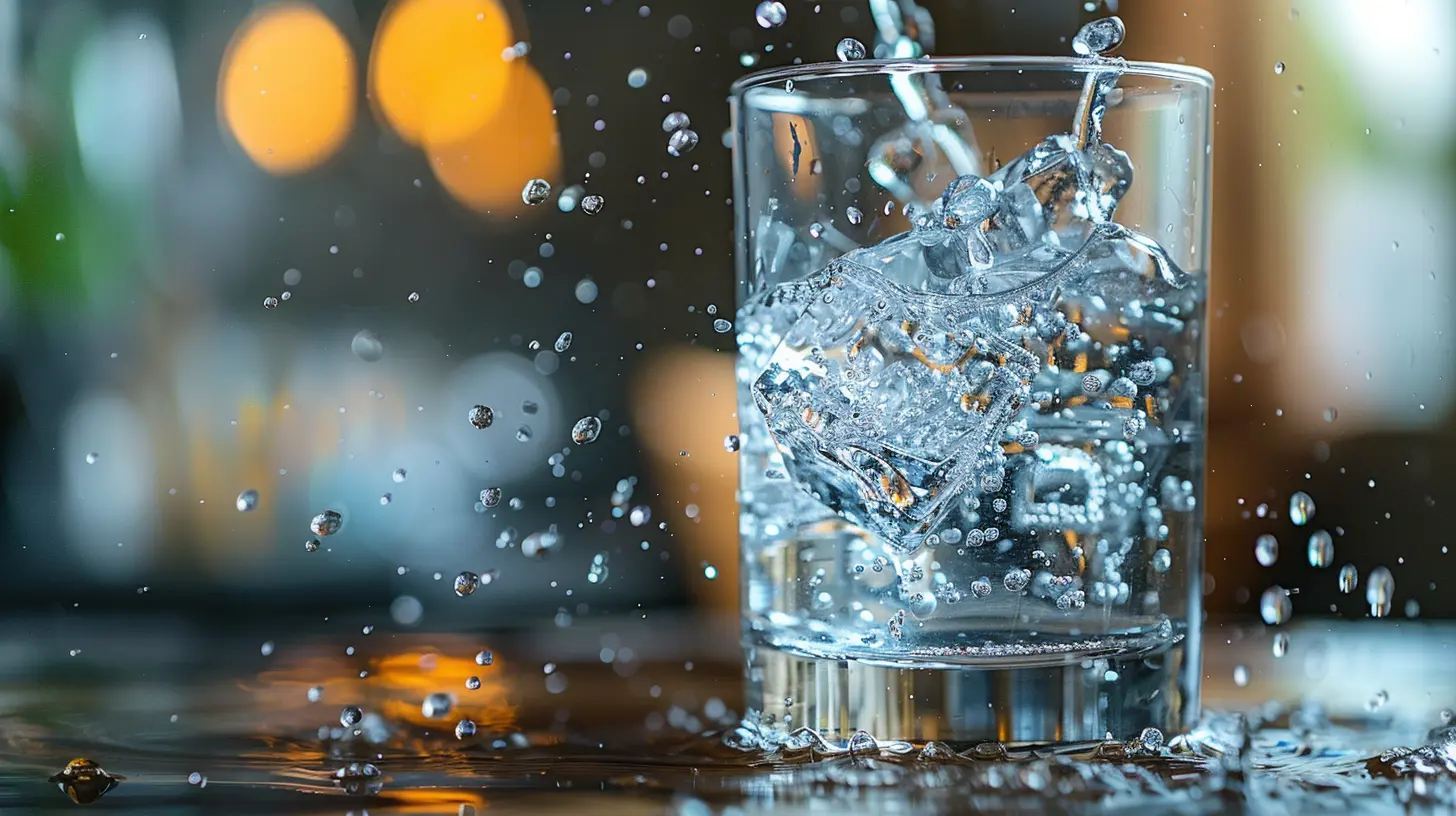
So, How Much Water Should You Really Be Drinking?
Honestly? It depends. There’s no one-size-fits-all answer here. Your needs vary depending on your body size, diet, activity level, climate, and even whether you’re sick.General Rule of Thumb
The 8x8 rule (eight 8-ounce glasses per day) is a good starting point, but it’s not gospel. Some people need more, others less. Instead of obsessing over ounces, focus on your body's cues.Listen to Your Thirst
Yes, thirst is a reliable indicator. Your body is smart—when it needs water, it lets you know. If you're not thirsty and your urine is light yellow, you’re probably in good shape.Consider Your Lifestyle
- If you're active or live in a hot climate, you’ll need more water to replace what you lose through sweat.- If you eat a diet loaded with fruits and veggies, you’re already getting water through your food.
- If you drink diuretics like coffee or alcohol, you may need extra hydration to make up for fluid loss.
Tips to Avoid Overhydration Without Getting Dehydrated
Now here’s the part we’ve all been waiting for—how to find that perfect hydration balance without tipping the scale toward overhydration or dehydration.1. Drink When You’re Thirsty
Sounds simple, right? Because it is. Trust your instincts. Don’t force yourself to drink gallons if you’re not feeling parched.2. Monitor Your Urine
Your pee is a powerful indicator. Aim for a light, pale yellow shade—like hay or lemonade. Too dark? You might need more water. Too clear? Ease up a bit.3. Don’t Overdo It During Workouts
It’s easy to think more is better when exercising. But sports drinks with electrolytes may be a better option than plain water if you’re sweating a lot. Balance is key.4. Use Electrolyte Tablets or Additives (When Needed)
If you’re logging long workouts, sweating heavily, or just prone to cramps, consider supplementing with electrolytes. They're like backup dancers—keeping the main show (your hydration) on point.5. Be Mindful of Medical Conditions
Certain conditions, like kidney disease or heart failure, change how your body handles water. Always check with your healthcare provider if you're unsure.Real Talk: Can Overhydration Be Deadly?
In rare but serious cases, yes. Water intoxication can lead to seizures, coma, or even death due to severe sodium dilution. It’s not a scare tactic—it’s a reality, especially in endurance athletes, or individuals who consume extreme amounts of water in a short time.Remember the case of participants in water-drinking contests or people trying to follow rigid health challenges? Some of those stories had tragic endings.
Hydration is essential—but like all good things—balance is everything.
Final Thoughts: Hydration is a Personal Journey
Hydration isn’t a math equation. It’s a relationship between you and your body. Rather than following some rigid daily figure, tune in. Pay attention. Listen. Your body talks—you just have to hear it.If there's one golden takeaway to remember, it’s this: hydration is about harmony, not excess. You don’t have to tote a gallon jug around all day unless your lifestyle genuinely calls for it. Do what feels right—and let your body be your guide.
Drink smart, my friends. Not just more.
all images in this post were generated using AI tools
Category:
HydrationAuthor:

Jackson Mahoney
Discussion
rate this article
3 comments
Dana Evans
Stay mindful; hydration balance is crucial for health.
May 25, 2025 at 3:54 PM

Jackson Mahoney
Thank you for highlighting the importance of hydration balance! Staying mindful of our intake is key to maintaining overall health.
Kayla McQuillan
Hydration is vital; find balance for optimal health and energy!
May 23, 2025 at 2:43 PM

Jackson Mahoney
Absolutely! Achieving balance in hydration is key to maintaining optimal health and energy levels. Thank you for highlighting its importance!
Mary McDaniel
This article provides valuable insights into recognizing overhydration, an often-overlooked health issue. Understanding its signs is crucial for maintaining balance. The tips on achieving optimal hydration are practical and timely, making it easier for readers to prioritize their health effectively. Great read!
May 21, 2025 at 4:43 AM

Jackson Mahoney
Thank you for your thoughtful feedback! I'm glad you found the insights and tips helpful for maintaining optimal hydration.



